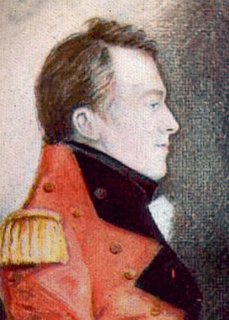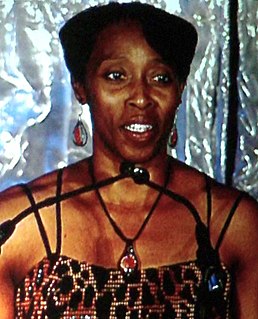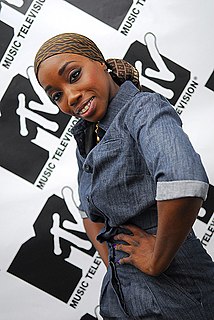A Quote by Ben Domenech
One of the differences between what happens when an author and a gossip columnist sit down to write a book is that the former tends to make every effort at disguising and protecting their sources, while the latter doesn't particularly care.
Related Quotes
Why do you keep reading a book? Usually to find out what happens. Why do you give up and stop reading it? There may be lots of reasons. But often the answer is you don't care what happens. So what makes the difference between caring and not caring? The author's cruelty. And the reader's sympathy...it takes a mean author to write a good story.
Social science and humanities ... have a mutual contempt for one another, the former looking down on the latter as unscientific, the latter regarding the former as philistine. ... The difference comes down to the fact that social science really wants to be predictive, meaning that man is predictable, while the humanities say that he is not.
Reading a book should be a conversation between you and the author. Presumably he knows more about the subject than you do; if not, you probably should not be bothering with his book. But understanding is a two-way operation; the learner has to question himself and question the teacher, once he understands what the teacher is saying. Marking a book is literally an expression of your differences or your agreements with the author. It is the highest respect you can pay him.
If everything is made so obvious that it asks nothing of the readers, then after a while, their ability to respond is atrophied. And they grow up as young people unable to take anything from a printed page, or they become bored because they haven't discovered the nuances, the differences of opinion, the differences of approach between one author and another. Children can be trusted to skip what they don't like in a book. That's perfectly all right. But to have it all reduced to the supposedly twelve-year-old mind of the adult public is what I object to.
I can sit in my room and write a song that I think might be a hit. I can sort of make myself do that, and then I'll play it to a friend, and they'll say, 'Oh, that's nice.' But when something happens to me, and I sit down and write a song to get rid of my emotions, they'll turn around and say, 'Wow, that's great.'





































